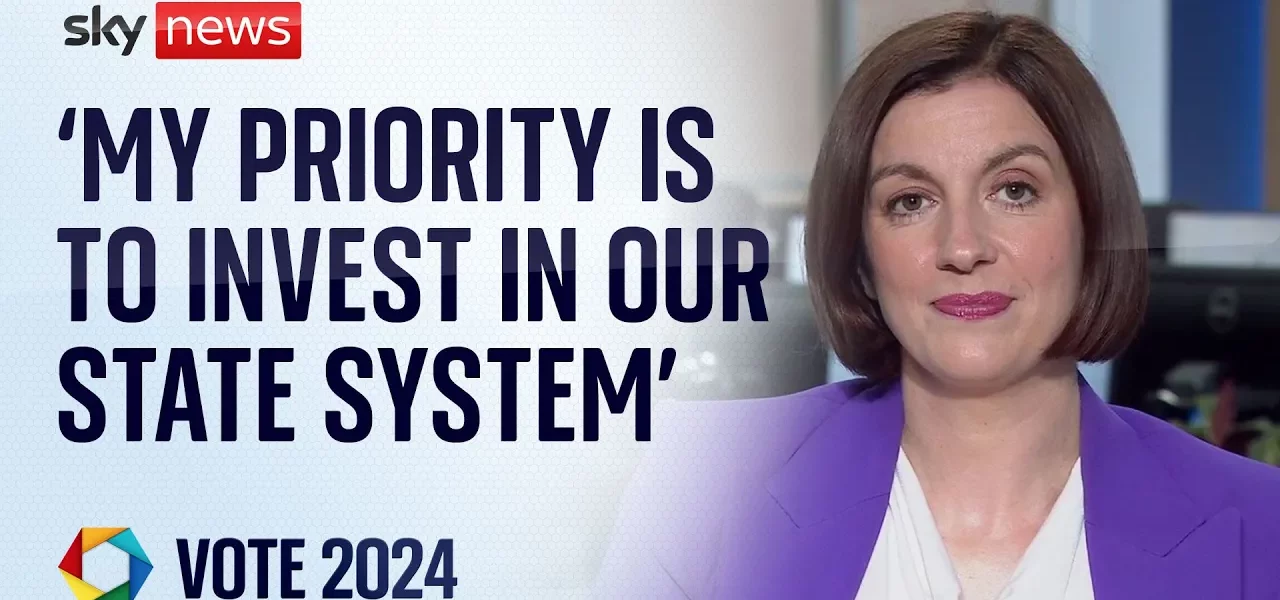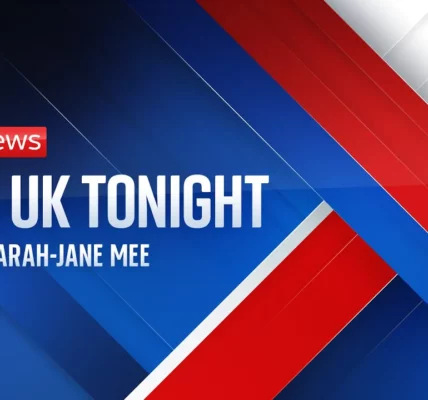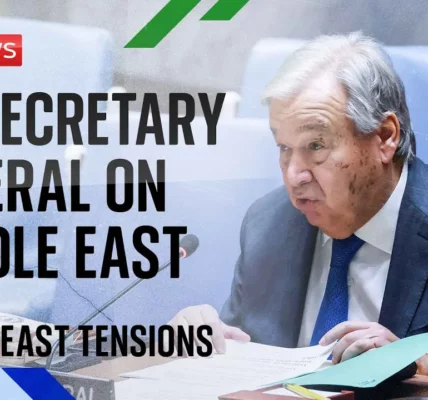The Future of Education: Insights from Bridget Phillipson

In a recent discussion, Bridget Phillipson, the Shadow Education Secretary, shared her vision for the future of education in the UK. She emphasized the importance of prioritizing state schools, addressing the challenges of private school fees, and enhancing mental health support for children. This article delves into the key points of her message and the implications for parents and students alike.
Introduction
Education is a critical pillar of society, shaping the future of our children and the nation as a whole. Bridget Phillipson’s recent comments highlight the ongoing debate regarding the balance between private and state education in the UK. With rising private school fees and increasing pressures on state schools, Phillipson advocates for a strategic investment in the public education system. This article explores her key points, addressing the concerns of parents and the need for reforms in the current educational landscape.
Challenges of Rising Private School Fees
One of the most pressing issues raised by Phillipson is the soaring cost of private school education. Parents are finding themselves priced out of options they once considered viable, as private school fees continue to escalate far beyond inflation rates.
Current Trends in Private School Fees
- Average private school fees have reached approximately £15,000 per year.
- Many families are making significant financial sacrifices to afford these fees.
- Private school fees have consistently increased, putting a strain on middle-class families.
Phillipson recognizes that while parents have the right to choose private education, it is essential to consider the broader societal implications of such choices. The focus should shift towards enhancing the state education system to ensure quality education for all.
Investing in State Schools
Phillipson emphasizes that a Labour government would prioritize investment in state schools. This approach aims to address the educational disparities between private and public institutions.
Key Investments Proposed by Labour
- Hiring 6,500 more teachers to fill critical gaps in subjects like mathematics and science.
- Enhancing mental health support for students, recognizing the increasing pressures they face.
- Implementing a broad and rich curriculum that includes arts, music, and sports.
By reallocating funds currently benefiting private schools, Labour aims to drive up standards in the public sector, ensuring all children have access to quality education.
Addressing Mental Health in Education
The mental health of children is a significant concern in the current educational climate. Phillipson points out that many children are struggling with mental health issues, exacerbated by the pressures of modern schooling.
Proposed Initiatives for Mental Health Support
- Increased funding for mental health resources in schools.
- Training for teachers to recognize and respond to mental health issues.
- Creating partnerships with mental health organizations to provide additional support.
These initiatives aim to create a more supportive environment for students, helping them navigate their challenges and succeed academically.
Curriculum Review and Enhancement
Phillipson has articulated the need for a comprehensive review of the current curriculum to ensure it meets the diverse needs of students. She argues that access to a rich curriculum should not be limited to those who can afford private schooling.
Goals of the Curriculum Review
The proposed expert-led curriculum review would focus on:
- Ensuring a balanced education that includes arts and humanities alongside core subjects.
- Preparing students for future challenges through digital literacy and critical thinking skills.
- Engaging students with practical applications of their learning in real-world contexts.
By broadening the curriculum, Labour aims to foster a more well-rounded education that equips all children for success.
Conclusion
Bridget Phillipson’s insights into the future of education highlight the urgent need for reform in the UK educational system. By prioritizing state schools, addressing mental health challenges, and enhancing the curriculum, a Labour government aims to create a more equitable educational landscape. Parents and stakeholders are encouraged to engage with these discussions and consider the implications of their choices. As the election approaches, it is clear that the future of education hangs in the balance, and every vote counts in shaping the next steps for our children.
Call to Action: Join the conversation on education reform and share your thoughts on how we can create a better future for our children. Stay informed and participate in the upcoming elections to ensure your voice is heard!
“`




